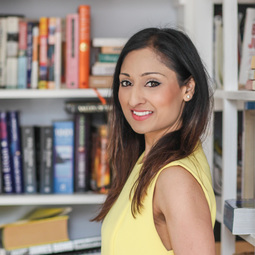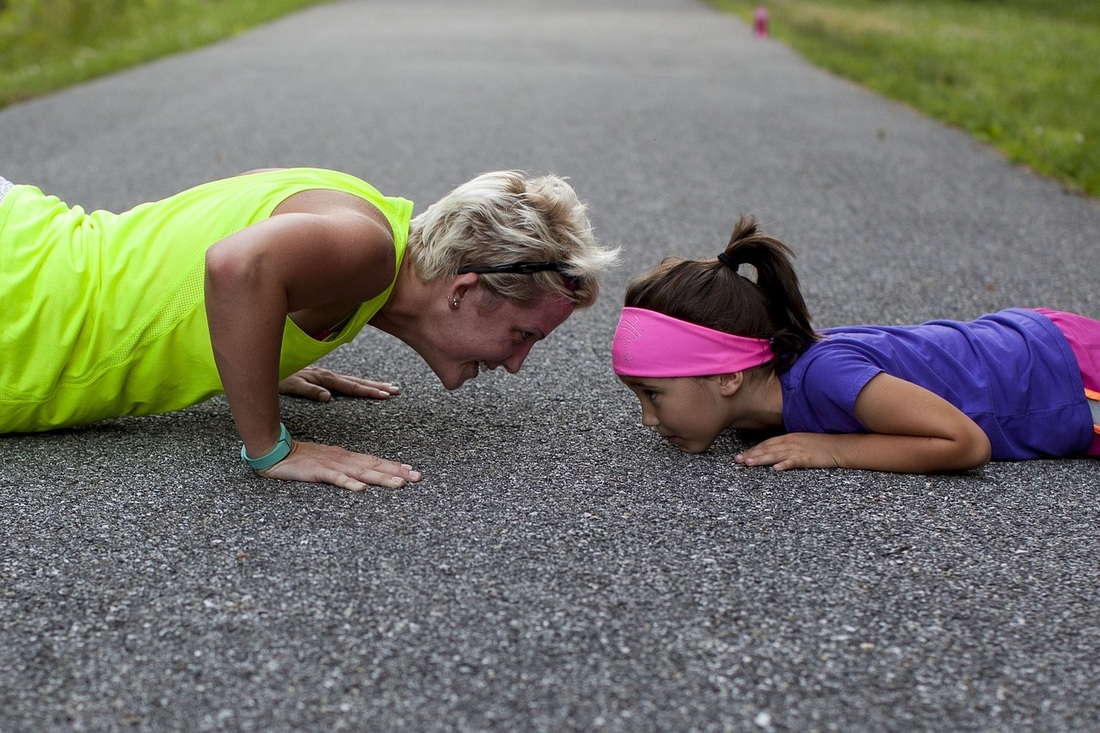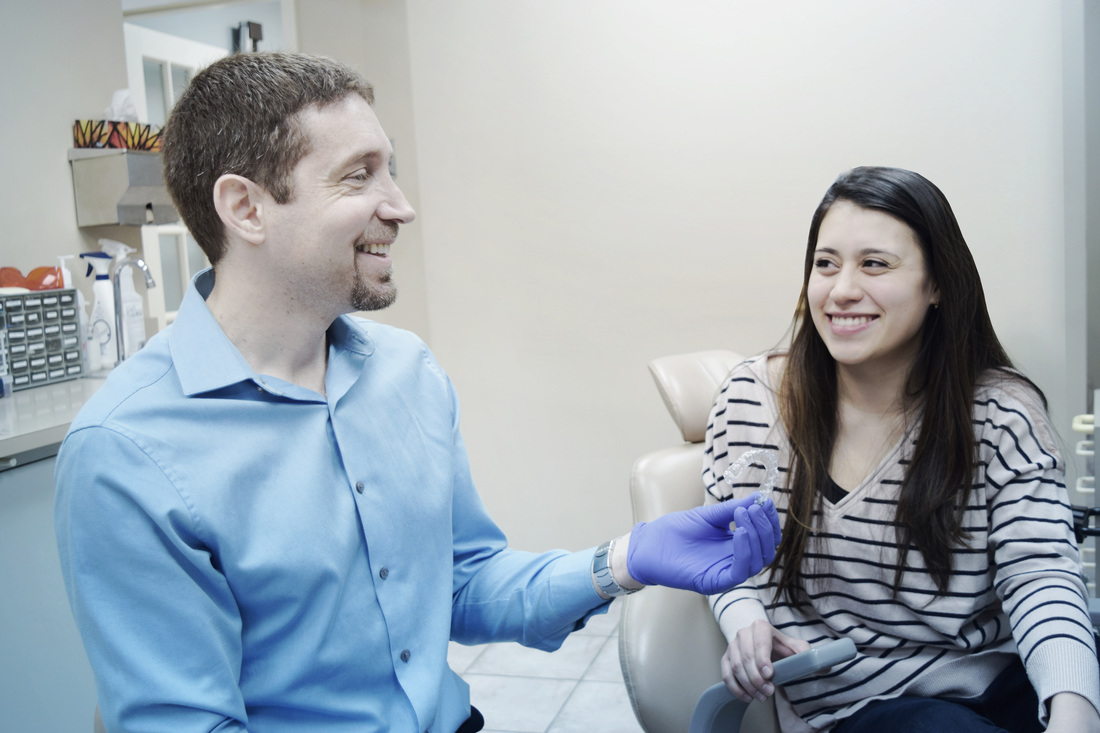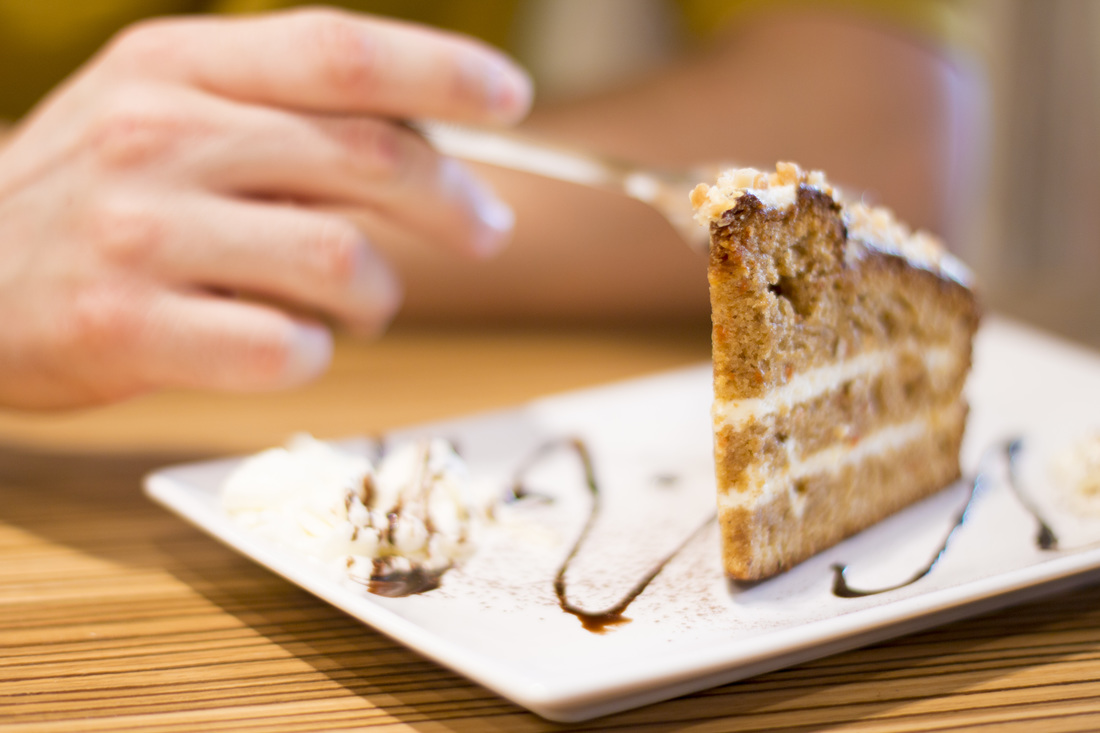|
Despite use of all available means, the occurrence of diabetes seems unchecked. One of the key components in the solution process is effective and sustained behaviour change. It is no longer enough for people to know about the disease, but is imperative to adopt strategies for prevention and those affected to become more skilled at managing this. Even amongst the better-educated persons, there is still confusion as to what it exactly entails. To enable this transformation in the lives of people, there is now a need to use more robust strategies. The use of commercial methods of marketing to effect behaviour change is called social marketing. The term appears as an oxymoron at first glance, because marketing has never been known to meet anything but commercial needs. However, the primary intent of this process is to understand client preference and barriers before implementing an intended service or programme. This method is more person-centric than traditional paternalistic means. A vital first step is in planning and cultural segmentation. This involves establishing a goal, which in diabetes care could be prevention of complications and then finding a more culturally relevant tool. In the UK, Type 2 diabetes is up to 6 times more likely in people of South Asian descent and up to three times more likely in African and Africa-Caribbean people. Hence, the goal of behaviour therapy maybe different from the mainstream while population. It is then important to identify the wants and needs of the target population, factors that influence its behaviour, including benefits, barriers, and readiness to change. It is this information that enables the development of a strategy that is culturally relevant and clinically appropriate. It is vital that communications ensure that they are responsive to cultural values, norms, and expectations and don`t come across as stereotypical, insensitive or patronising. The next phase is implementation and evaluation by a process of iteration. The goal of social marketing is a bottoms up intervention keeping in mind cultural sensitivity and building of innovative strategies for behaviour change. Used correctly, social marketing is a systematic approach and invaluable resource and has the potential to build culturally sensitive, innovative solutions which are people centric. With the advent of mobile marketing, the reach of materials and communication is more extensive. In a single day it is possible to reach 24 million daily users of Facebook in the UK. This makes Facebook nearly five times bigger than The Sun newspaper, and even for older, less affluent people we are seeing usage increase:40% of 40 to 60-year-olds in the C2D socioeconomic group visit Facebook daily. Social channels also allow us to reach people directly when they are thinking about their health. Six million health conversations took place in the social sphere during the past year.
There are some challenges like the need for upskilling healthcare professionals based on findings, availability of more time and resource and making certain that program strategies and methods are reflective of consumer preferences. Finally, even with the best research and execution there may still remain gaps in the service especially in complex long term conditions like diabetes. But with iteration and innovation there is scope of improvement.
0 Comments
We always knew Jim (name changed) had diabetes since he was 8 years old. He always liked to do his bits, as he called it, that is measure his sugars and inject insulin away from everyone. He needed to do this multiple times a day and carried sandwiches with him all the time. We were always inquisitive about him and over the years had got used to his fluctuating moods, hospital stays and frequent absences from social gatherings. He had grown into a successful young man, despite changing jobs frequently and had begun to age gracefully. He was gregarious and funny and loved the good life. He did talk about his illness, but usually ended abruptly saying that unless one experienced it, one wouldn`t know. Dream big, he did and sometimes too big and needed to be bailed out financially on a number of occasions. He did not like people visiting him when he was ill, but enjoyed the phone call. He was much loved by friends and colleagues alike and nobody really minded his shortcomings and liked him for who he was. One thing that stood out was his sudden bursts of rage, which was worrisome. Amongst friends, his positives were him and his negatives were his sugar, as if there were two different people who were in one body. Of late he was getting ill more frequently. It was only apt that I asked him to write this piece about his experience with Type I Diabetes. At first, he said that he did not have time to sit down and write, but would share some insights later on that day. I even offered to ghost write on his behalf. At the prearranged time of the phone call, he sent me a text that he did not wish to play any further part in the interview and wished me luck with my post and to write from what I knew. A couple of days later I rang him to find out what had happened. “Diabetes is a big stigma. It is something that I do not discuss outside my very close circle of family and friends. It makes me look vulnerable and weak and may give my employers a chance to take an unkind stance in case there is a problem. I do not wish to have my name anywhere.” In today`s day of extensive use of social media, on an average I read about 10 stories of people with diabetes a day. There are multiple forums on which people openly discuss such problems. I was shocked to see that 72% of people with Type I diabetes felt stigmatised.
Diabetes awareness and education is far from being anywhere near completion. It is not just that the affected people need to know about the disease that academic institutions and employers need to know that these people can live life and contribute as effectively as anyone else. Most importantly, people with diabetes need to feel reassured that the community at large understands this. There is a big need for peer and institutional support. Organisations like the Diabetes UK, International Diabetes Federation, American Diabetes Association have been working tirelessly in this field. It’s time for all like-minded people to join hands and educate all stakeholders using all available channels. Mobile Platforms will be particularly useful for both social and disease support. Mindfulness is increasingly being used for eating habits and diabetes management. The results of a study in which mindful eating was trialled in a group of individuals with type 2 diabetes found that eating mindfully, or consuming food in response to physical cues of hunger and fullness, is just as effective as adhering to standard nutrition-based guidelines in reducing weight and blood sugar levels in adults with Type 2 diabetes. In this study, individuals were coached in the art of mindful eating through group sessions spanning over 3 months. This encouraged participants to become aware of their thoughts and body prior to eating by taking a few moments to assess their level of hunger, thus helping to make conscious choices about food consumption, as well as stopping eating once they were full. Results in this group were compared with a control group who were not instructed in mindful eating, but were given standard nutritional advice as per conventional diabetes education programmes. Both interventions led to improvements in weight (the standard and mindful approaches led to losses of about 3 and 1.5 kg respectively). There was also a reduction in the marker, which measures overall blood sugar control (HbA1c) from 0.7 and 0.8 per cent in the standard and mindful group respectively. A valuable outcome of this study is choice. People with diabetes have a choice when it comes to eating a healthy diet, as both interventions were equally effective. Coping with dietary lifestyle changes that seem “restrictive” or “prescriptive” can be an emotional blow for people with diabetes and may affect their compliance to treatment. However, if they can make informed choices and find mindful meditation more appealing this could be a more meaningful approach for them as it encourages “inner wisdom” towards eating. In my experience in practice, people who confess to over-eating are happy to also admit that it is largely down to habit and not being fully aware of what they are eating, why they are eating it and are not in tune with what their body really needs. Whether people are binge eating or following a highly restrictive diet, in both scenarios it they have usually lost connection to when they are hungry or full. Mindful eating heals this disconnection between the body and mind because our relationship with food is often a reflection of our emotional well being. Living with diabetes can be emotionally challenging so instead restricting or over eating as a coping mechanism to block negative feelings there are healthier ways of managing emotions such as mindful breathing to let go of anxiety. There is no need to manage emotions through food choices but learn to embrace and tolerate negative emotions, as uncomfortable as they may be, without pushing them away or stuffing them down with food. This improves the whole experience of living with diabetes and the art of eating.  Author Mita Mistry LicAc MBAcC is a Mindfulness Coach, Acupuncturist, Columnist based in Leamington Spa, UK. She is a recognised expert in holistic healthcare modalities, specialising in helping to ease the mental and emotional side effects of chronic conditions whilst empowering people to reach their optimum health and well being goals.  Diabetes can affect anyone at any age. The World Health Organisation estimates that over 382 million people worldwide including 4.05 million people in the UK have diabetes. Of this, 3.5 million diagnosed are adults and there are around 549,000 people with undiagnosed Type 2 diabetes. The NHS spends over £10 billion annually on diabetes, 80% of which is on complications of the condition. These figures highlight there are number of issues around diabetes management and in particular support for people having to live and cope with the condition. Mindfulness is a technique of self-awareness through observing moment-to-moment thoughts, emotions and physical sensations in our body. Although the foundations of it are rooted in ancient traditions of meditation, mindfulness is gaining popularity in clinical settings . There is now scientific evidence of its usefulness in the management of diabetes especially with regards to blood sugar control. Mindfulness has been shown to positively impact a number of issues in the management of diabetes, physically, mentally and emotionally. Physically it helps in regulating blood glucose levels, blood pressure, aiding sleep, improving glycaemic control to easing back pain. Mentally and emotionally, mindfulness is a secret ingredient because in 40-60% of people with diabetes there is an increased risk of diagnosed and undiagnosed mental health problems, which adversely impacts compliance with agreed management and consequently diabetes outcomes. The National Audit Office concluded that 22,000 people were dying from preventable diabetes related causes so it is critically important these people receive emotional and behavioral support. This support is crucial from the moment a person receives an initial diabetes diagnosis. According to NICE (NICE, 2005) when a person is first diagnosed with diabetes, they will often go through similar psychological stages as that of bereavement - disbelief, denial, anger and depression. Mindfulness helps to break this cycle by helping the person to accept their condition and embrace the change. Equally, living and coping with any chronic condition including diabetes is just as emotionally upsetting as the initial diagnosis because it requires changes to lifestyle. As humans, we are creatures of comfort; the fear of the unknown, the loss of an old lifestyle or embracing change causes stress, anxiety, feeling frustration, guilt, anger or sadness all of which are completely normal. Sadly 1 in 2 patients do not comply with treatment and whether that is “denial” of the change or to “avoid negative emotions” remains personal to each individual but either way it is serious and can lead to complications, and perhaps ultimately grave consequences. However, by exploring the impact of having a chronic condition or facing the inner emotional battles of diabetes, mindfulness can help people break these negative cycles to focus their awareness on successfully feeling empowered to control the condition rather than it control them. This is especially effective in the areas of diet and nutrition, exercise, sleep, stress and medication, all of which are critical success factors in managing diabetes so that people with the condition and their loved ones can live a full content life.  Author Mita Mistry LicAc MBAcC is a Mindfulness Coach, Acupuncturist, Columnist based in Leamington Spa, UK. She is a recognised expert in holistic healthcare modalities, specialising in helping to ease the mental and emotional side effects of chronic conditions whilst empowering people to reach their optimum health and well being goals.  ,Last year I accompanied my daughter to a birthday party. As the birthday girl was getting ready to cut the cake, I saw another girl in a corner,forlorn and detached. Later on I learnt that it was my friend`s 15 year old daughter Tina. She had Type I diabetes. Though I knew the family for three years I did not know that they were struggling with Tina`s diabetes since she was five. My friend asked me not to mention this to anyone as she was not prepared to take the gossip and pity that would follow. She kept blaming herself for ignoring the early signs. “Few months before her diagnosis I had started noticing things like shakiness before meals and frequent bathroom trips, but the paediatrician dismissed our concerns”. Then the symptoms started to intensify – “Tina developed an insatiable thirst and started wetting her bed frequently, something she hadn’t done since she was a toddler. We sought a second opinion and soon after she was diagnosed and treatment started. She was now on insulin." Managing Tina`s diabetes required major adjustments for the entire family. “Our routine has changed completely. We don’t have any flexibility anymore. Initially Tina was scared of sleeping or even dozing off for fear of wetting her bed. We had to wake her up in the early hours of the morning everyday to check her blood sugar levels. At least she used to listen to us then, now she’s in her teens and it’s been tough for all of us”. "Soon began school and that was a whole new challenge. Some days we barely made it to bed without losing it altogether." "Now, at 15 like most teenagers Tina has a mind of her own and it is a real struggle as far as diet and insulin is concerned. Last week she threatened to inject the whole insulin pen if I didn’t let her stay out late with her friends.” Tina had become the number one priority at home and everything else took a back seat. “I’ve developed chronic sleep deprivation from waking up in the middle of the night to check Tina’s blood sugar.” She also suffered periods of anxiety and depression leading to disharmony in the family. Last summer I was able to convince both her parents and Tina to join a diabetes teen social support network. After meeting other parents with diabetic children, they could discuss their issues facing them and find relevant and practical advice and support from peers. With the help of a diabetes educator, Tina gradually learned to manage her meals and match them with the insulin doses. With counselling, she also learned to manage her daily life without her condition affecting her studies and social life. I met my friend over coffee today and saw Tina sneakily tucking into a piece of cake “I can be naughty sometimes....” Tina’s parents are confident that she will be able to be independent and manage her condition on her own. "Will she have a good career? Can she have children?" Mothers will always be mothers.  Author Pariksha Rao is based in Bengaluru, India. She is an award-winning IDF certified diabetes educator, clinical and sports nutritionist and a lactation expert, with more than a decade of experience across pharmaceuticals, hospitals and research sectors. Having trained over a 1000 paramedics on personalised patient/ consumer care and counselling, Pariksha believes counselling is a holistic approach to achieve long term behaviour modification by setting mutual, achievable, measurable and realistic short term goals. |
AuthorsDebashis Archives
December 2016
|














 RSS Feed
RSS Feed
